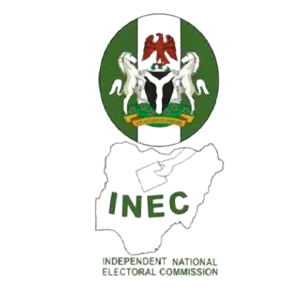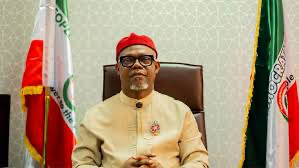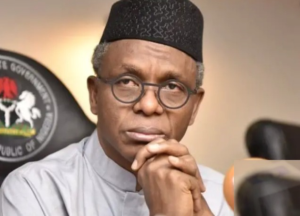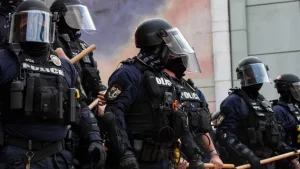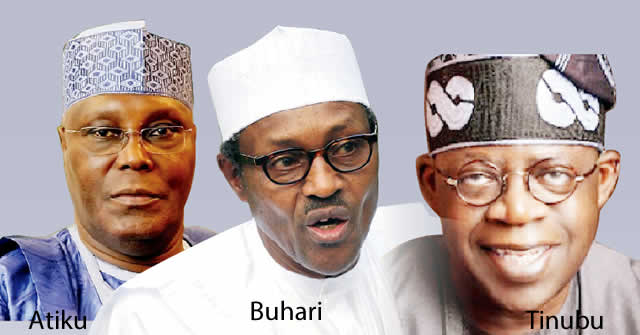
Nigeria’s political landscape is heating up as the countdown to the 2027 elections intensifies, with a high-stakes contest unfolding for the political legacy and grassroots support of former President Muhammadu Buhari in the northern region.
Key loyalists of Buhari’s defunct Congress for Progressive Change (CPC) party have thrown their weight behind former Vice President Atiku Abubakar and his coalition, African Democratic Congress (ADC), challenging the dominance of President Bola Tinubu and his All Progressives Congress (APC).
Recently, CPC state chairmen, traditionally part of Buhari’s northern power base, held a private meeting at Atiku’s residence in Abuja, pledging their unwavering support to his coalition.
A CPC leader declared their allegiance with determination, emphasizing that they aim to preserve Buhari’s legacy and prevent it from being overshadowed or lost.
Atiku warmly welcomed these loyalists, positioning himself as the true custodian of Buhari’s grassroots networks and appealing for active mobilization during voter registration.
He urged that political symbolism must convert to actual votes to secure success.
In response, President Tinubu made a calculated political statement by visiting Buhari’s family home in Kaduna and attending a high-profile wedding.
The visit was seen as a gesture of respect but also a strategic effort to cement his claim as Buhari’s rightful political heir in the North, signaling his intent to retain control over the northern bloc.
The rivalry is rooted in contrasting narratives about Buhari’s legacy and who best represents its continuation. Some CPC members believe the APC under Tinubu has strayed from its founding principles, citing key figures who, in their view, continue to embody the CPC spirit better aligned with Atiku.
Voter registration efforts have become the battleground where these loyalties will be tested. The ADC seeks to turn support from the CPC bloc into tangible electoral gains, while the APC is working to protect its northern strongholds.
This contest, framed as a “legacy trial,” reflects broader concerns about the direction of Nigeria’s political future and the shape of leadership in 2027.
The outcome could redefine Nigeria’s political parties and alliances, marking a pivotal moment in the nation’s democratic journey.
The battle for Buhari’s northern bloc is no ordinary political tussle—it is a decisive struggle that could determine the balance of power in the run-up to the 2027 general elections.

